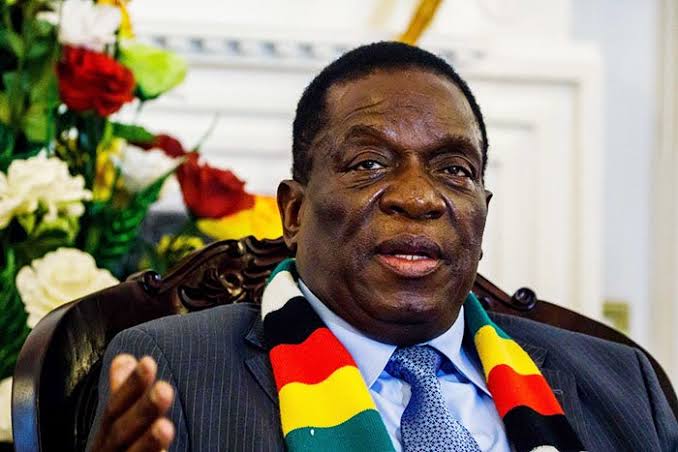
editorial comment
A RECENT research report by the Transparency International Zimbabwe (TIZ) has blamed the Parliament whipping system for stifling debate on corruption.
The report comes at a time questions are being asked on the role of Parliament in the country’s fight against corruption, and given that Zanu PF MPs have often snubbed parliamentary portfolio committee meetings aimed at probing abuse of State resources, the findings further expose why our Parliament remains ineffective.
Indeed, Zanu PF forms the majority in Parliament and its officials are prone to be implicated in corruption. Some of those implicated are President Emmerson Mnangagwa’s associates.
Due to the whipping system, Zanu PF MPs take orders from their party leadership and this is how the war against corruption has been lost in the country.
Whipping, which most political parties across the world often use to discipline their members, has proved to have limitations because it is insensitive to the wishes of the majority. MPs, voted by the people using the representative democracy rule, should represent the interests of their constituents.
However, due to whipping, this has not always been the case. It is a fact that Parliament is made up of sovereign individuals but due to whipping, it has been tyrannised by political parties.
The influence of individual MPs is diminished by the party they represent because whipping legitimises cohesion under the view that breaking the whip will undermine government decisions.
- Chamisa under fire over US$120K donation
- Mavhunga puts DeMbare into Chibuku quarterfinals
- Pension funds bet on Cabora Bassa oilfields
- Councils defy govt fire tender directive
Keep Reading
But in Zimbabwe, because corruption is breaking the fabric of society and there is unanimity that it is endemic, whipping MPs on corruption issues should stop. The President has vowed to fight corruption, hence he should create space in his party to achieve that.
However, we have seen how he took a position against party youths who implicated businesspeople linked to him in corruption. Although he might not have said a word, his actions, firing the youths, worked as a natural whip which forced party MPs to toe the line or risk a recall.
According to section 299(1) of the Constitution, Parliament must monitor and keep government in check and the silence by Zanu PF MPs on the COVID-19 tender scams shows that the fear of victimisation will forever defeat the fight against corruption.
It is imperative that the MPs reaffirm their position in the fight against corruption and break the whip. Parties should open space on important issues like corruption and allow free expression by the MPs who should come up with legislative frameworks to safeguard accountability and transparency in order to end this vice that has grounded government. Zimbabwe will not rise if corruption is not decisively dealt with.











